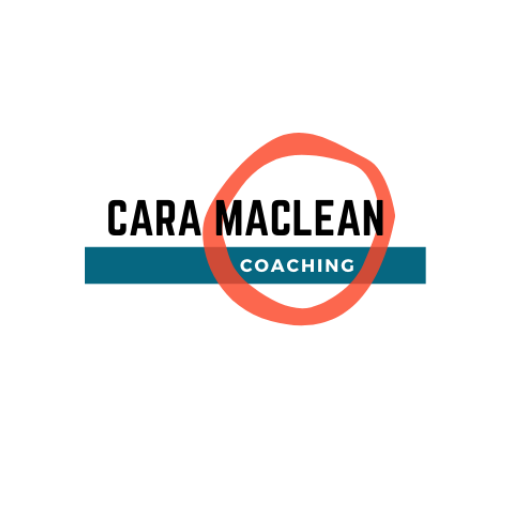In the last year, both of my boys have acquired cameras. One from a thrift store, and one for a birthday. Every once in awhile we go for a photo walk where all three of us take pictures.
Invariably, my kids take tons of pictures of weeds.
In their eyes, they’re another kind of flower with the same kind of delicate petal and leaf as any other kind of flower. Such is the perspective of a little one who doesn’t know the havoc they can wreak. But, there’s a massive lesson in this observation.
How many times do we, as adults, discount something because we ‘know’ what will happen?
All the time. On one hand, it’s our job to teach our children how to anticipate dangers and act responsibly. But on another hand, our assumptions can cloud what’s really possible. The world really is quite different for our kids than it was for us. They navigate and think differently, even in the context of being safe and responsible. It’s hard for us to see, but sometimes it’s worth taking on the new perspective. Allowing for grace and flexibility in the situations where our assumptions may not be the only way. (And that’s likely more often than we think.)
Except for my way, of course, which is always right. Clearly. 
The lesson? Try to see things from your child’s eyes. Or whatever helps you step outside your normal assumptions about how the world works. Talk about it and share how different perspectives develop the world into a wild and lovely place.
There’s another lesson here too. And that is to remember to see the good. The big picture. Our brains have a negativity bias built in, where we focus on and remember the negative bits of life more than the positive.
In the past, this served a useful function helping us stay alive. Now, it’s less useful and actually keeps us afriad and stuck when there’s no real threat.
For example, when I look at my yard, there’s lots of plants and flowers. They’re beatiful, but what do I notice first? The weeds. And guess what?
There are always weeds.
There is always something negative that you can pick out and ruminate on forever and ever. And ever. (We all know people who do just that, and they’re really hard to be around.) But likewise, there are always positive, good things to focus on too.
Focus on the good. The beauty.
When you focus on the weeds, you lose sight of the big, beautiful picture of life. You only see weeds, even though most of the time, there is always more goodness and beauty around you. But you see weeds because that’s how you’ve trained your eye.
Train your eye to see the positive. This is espeically important when you’ve got kids who think differently. If we focus only on the ‘weeds’ of what doesn’t fit into the typical landscape, we miss the goodness. Often even the best aspects of a person can look negative if they don’t fit the existing system in which they find themselves.
Next time you find yourself dwelling on the negative, or the problem of a situation, try to turn it around. Ask: What if? And let your perspective expand into space where you don’t have to follow typical, accepted protocol.
There are lots of ways to be and do in the world, now more than ever. It feels uncomfortable to buck the system of assumptions that we all live by, but that’s the sweet spot. When you, and your kids, understand how their perspective matters, it can help shift the world toward a more accepting inclusive place.
